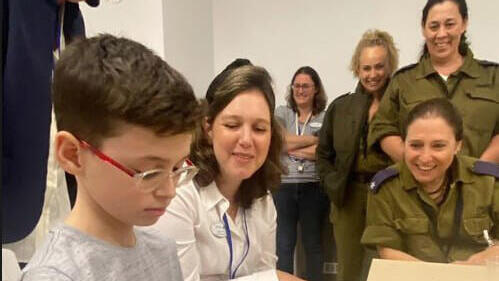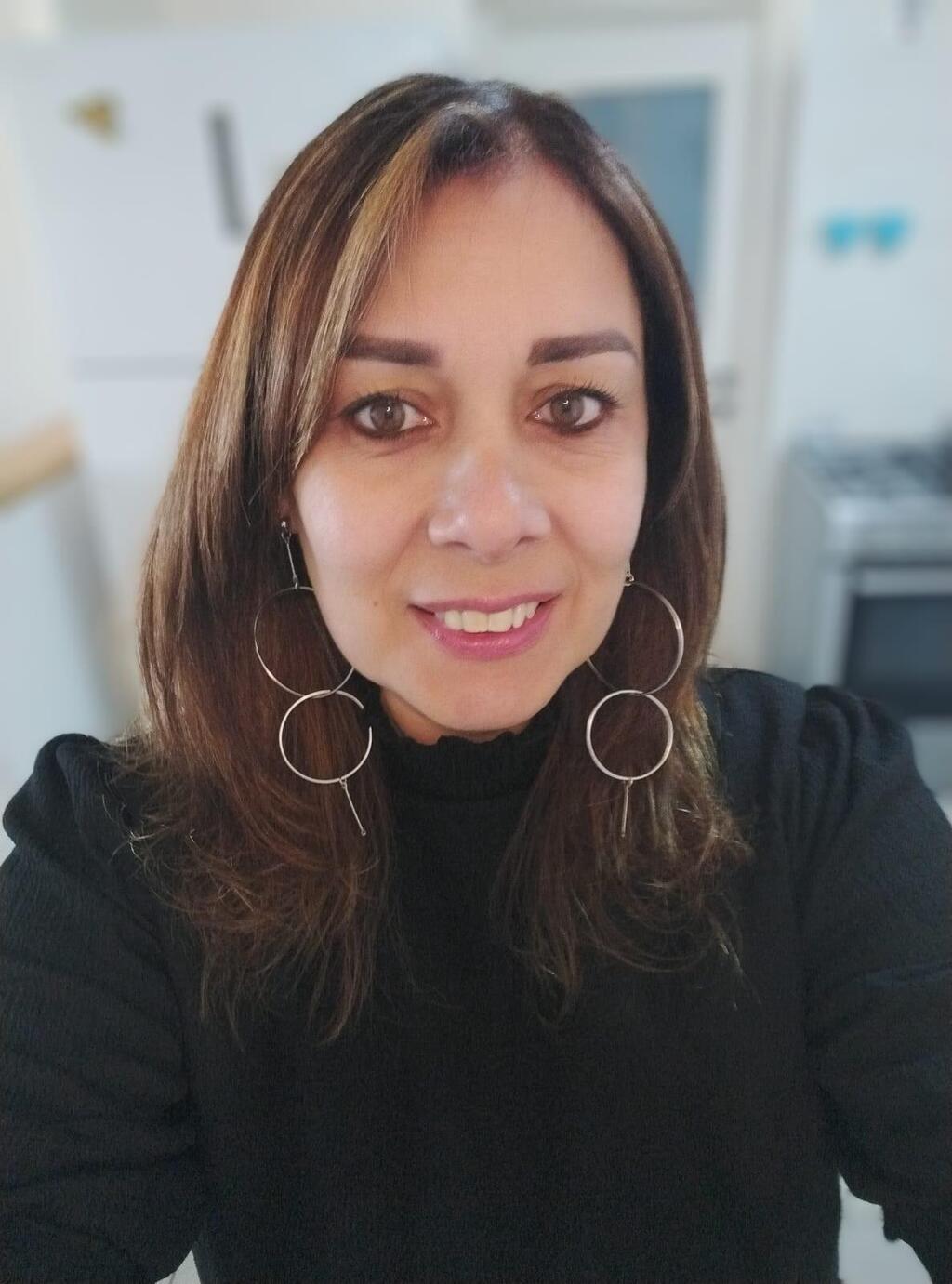On Friday, it began, with heavy hearts, the captives started returning to Israel. Hospitals prepared for their arrival, and Schneider Children's Hospital was designated as the center to which the returning children would be directed. Yaffa Ezer Cohen, trained to work with oncology patients, was appointed to be part of the team that would receive the returning children returning from captivity.
Read more:
"We waited and prepared for this moment from the beginning. This is an unprecedented and there was no data to rely on. We studied what we could so that when the hostages return, we will be ready," she recounts.
But in reality, they didn't truly know what to expect. "No one knew when and how the freed hostages would arrive, in terms of their physical and emotional state. We collaborated with different organizations that professionally assisted us, such as the Haruv Institute which focuses on combating domestic violence, with an emphasis on child abuse and neglect. In recent days, they've taken on the task of gathering information about the phenomenon of returning captives.
"As social workers, we relied on the findings and plans, serving as the foundation. We talks to various experts, sat down with the administration, and gathered information from everything that seemed effective for use at the moment we hoped would come," she said.
When did you learn that the children were coming?
"The team didn't receive advance notice and, in fact, we heard about the return of the captives for the first time on the news, on Friday, just a few hours before their arrival. We prepared ourselves for a sleepless night, clearing our schedules from any personal or professional commitments so that we could fully focus on the children, women, and their families.
What were you most concerned about?
"The lack of certainty. But we knew that we could handle whatever came our way because we didn't rule out any possibilities. In practice, what happened did align with what we had learned and anticipated. Of course, reactions vary from family to family, and individuals have different patterns. Nevertheless, we never encountered a situation in which we didn't know how to respond to.
"We are a team of six social workers. Each family was assigned two social workers, allowing us to work collaboratively and securely, as a pair. In such a complex process, you can feel very isolated, and working as a pair provides a sense of security."
How was the meeting with the families?
"It was an emotionally charged moment that's indescribable, and we all knew we had to approach it with humility and the appropriate respect. On that day, when we learned that we had a few hours to prepare, we reviewed Zoom recordings and summaries. Personally, I took a few minutes to gather my thoughts and wrote down important points so that I could be in control and genuinely helpful.
"There was premeditation about every reaction. We understood that not everyone would be able to handle a situation where people cry, express emotion, and become emotional naturally and willingly. What made it easier for us was the meeting with the families before the return of the captives. We supported them as much as possible, as part of our role. We talked, were with them, and, most importantly, aimed to get to know their loved ones.
We built some kind of initial connection. We gathered information about the children and families, The idea to provide young Ohad with The Rubik's Cube, that everyone saw on television, was just one element among many. We learned about their connection with family members, and assessed what might be difficult for one person and challenging for another.
"The hospital rooms were also adjusted according to the families' preferences. For example, every bed was prepared with items tailored to age, hobbies, and favorite colors. There were drinks and a variety of pacifiers, anything that could come to mind that a child might need. It worked. It brought joy. We received amazing feedback from everyone and in part from the families, we heard words that warmed the heart.
"Our support is for the captives and their families, and with their release, our mandate ends because the hospital is not the place for rehabilitation," she concludes.
"And in moments like these, you think about your own children," says Azar Cohen, 50, a married mother of two. "I wasn't disconnected from the emotional impact of family and motherhood. It's impossible. I'm a mother of a 20-year-old son and a 13-year-old daughter. From that Saturday, I think about what would have happen if, heaven forbid, it would have happened to me. We never really understand exactly what others are feeling, but we try as closely as possible.
What is the moment you would remember most of all?
"Without a doubt, it will be the moment we saw the helicopter landing. That meeting of the wheels with the ground. The understanding that they did indeed arrive and are now safe, it's happening. Everyone clapped and cried. In the darkness brought by the late hour, lights were lit, bringing joy with them."



